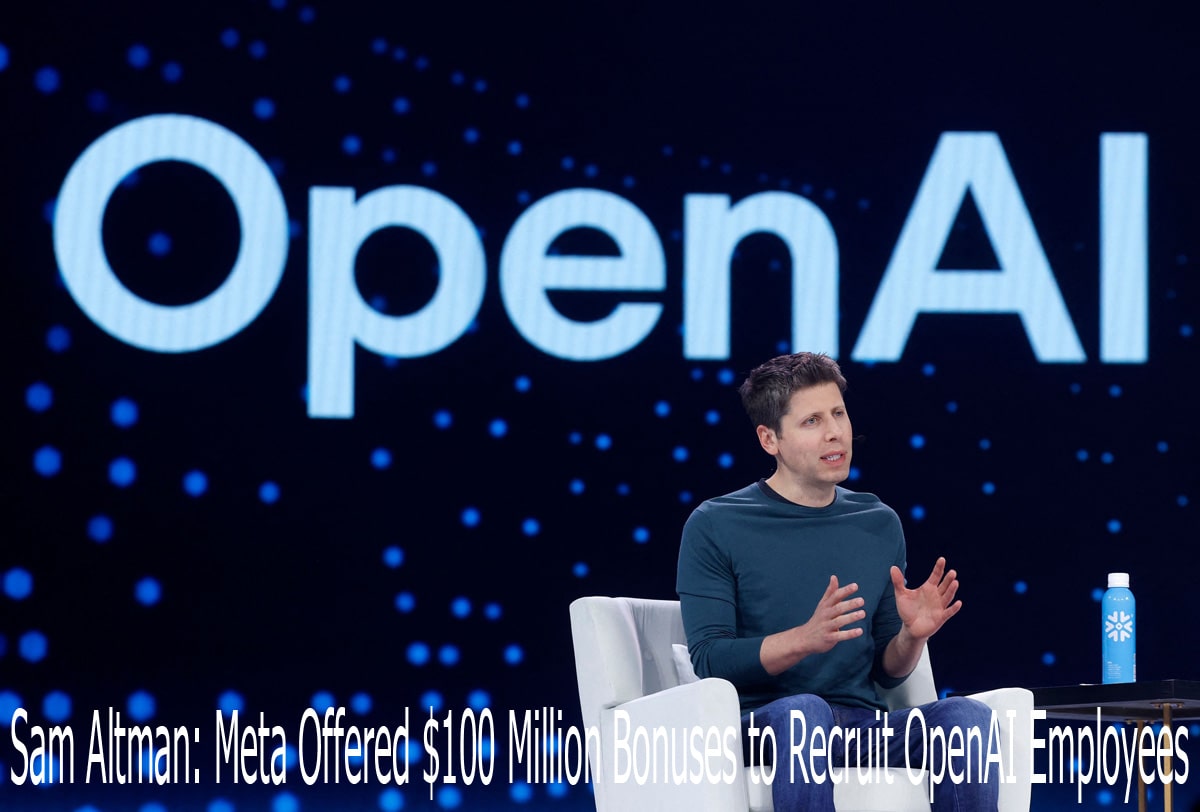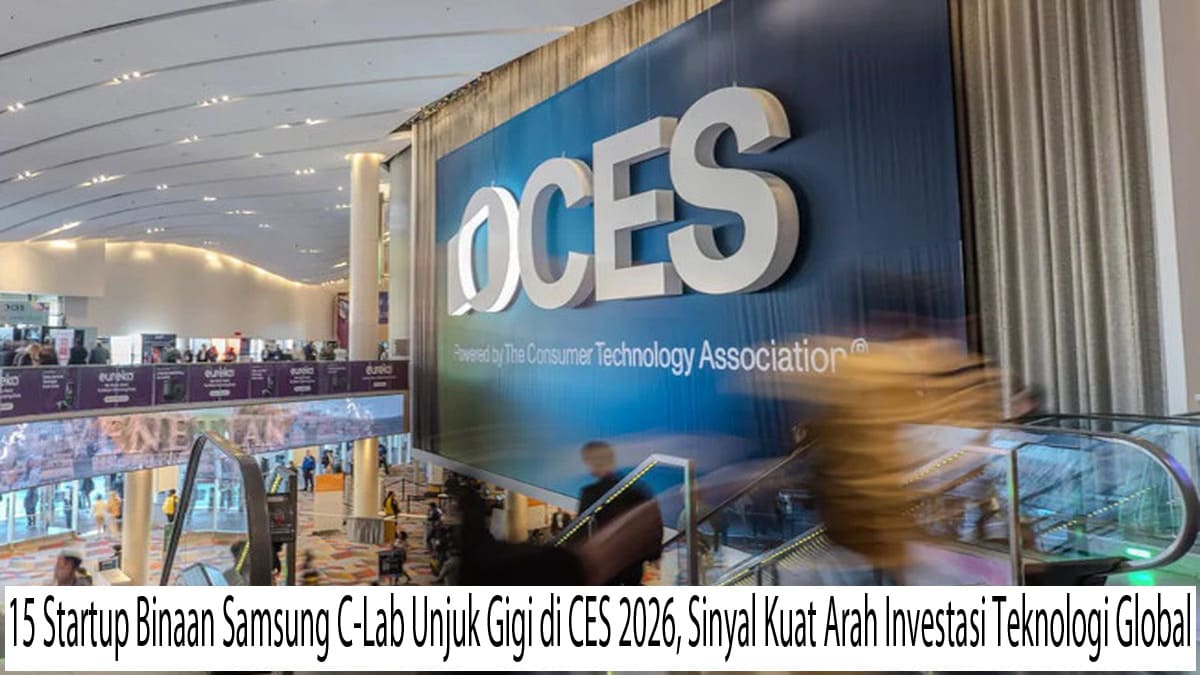OpenAI CEO Sam Altman claims that Meta Platforms used bonuses of up to USD 100 million to entice OpenAI employees. His statement underscores the fierce competition within the global artificial intelligence industry.
In a recently released podcast interview, Sam Altman disclosed that Meta has been actively attempting to lure several OpenAI employees with extraordinary compensation offers. One such offer reportedly included a signing bonus of up to $100 million per individual, in addition to annual salary and other incentives.
“Meta started making very large offers to a number of people on our team,” Altman said in the interview. “Some were offered up to $100 million. It’s crazy. I’m very happy that, so far, none of our top people have accepted.”
Altman added that although Meta’s offers are financially enticing, OpenAI’s top talents have remained loyal due to the company’s broader mission. OpenAI is known for its commitment to safety and ethics in AI development, prioritizing long-term vision over short-term financial incentives.
Meta’s Ambition to Dominate Global AI Talent
This action is viewed as a component of Meta’s audacious plan to bolster its AI research unit. Under Mark Zuckerberg’s leadership, Meta is aggressively pursuing the development of superintelligent AI, competing with major players such as OpenAI, Google DeepMind, and Anthropic.
Recently, Meta announced a USD 14.3 billion investment to acquire a 49% stake in data-labeling company Scale AI and brought in its CEO, Alexandr Wang, to join Meta’s AI team. This step further supports speculation that Meta is building its own AI ecosystem by acquiring the most influential minds in the field.
Internal sources have suggested that Meta is willing to offer total compensation packages worth hundreds of millions of dollars, including long-term stock options. Such practices have raised concerns about potential instability in the tech ecosystem due to escalating competition.
Altman Criticizes “Big Money” Strategy
In the same interview, Altman expressed doubts about the effectiveness of the “big money” strategy in building long-term, revolutionary technologies. He implied that many companies mistakenly believe success can be bought by simply recruiting top talent with massive financial incentives—without cultivating a sustainable culture of innovation.
“The path they’ve chosen may seem fast and easy. But in the end, I don’t think it’s a path that will succeed in building safe and beneficial superintelligence,” Altman remarked.
He emphasized that success in AI development depends not just on technical brilliance but also on integrity, collaboration, and value alignment between individuals and organizations.
Meta Yet to Respond
As of this writing, Meta has not issued an official statement in response to Altman’s claims. However, similar reports have emerged across international media, suggesting that this “talent poaching” practice is indeed underway.
Although no direct confirmation has been provided, many in the industry believe Meta is attempting to catch up in the race to develop large language models (LLMs) and multimodal AI systems—areas currently dominated by OpenAI through innovations like ChatGPT and GPT-4o.
Conclusion
Sam Altman’s statement further confirms that the global AI industry is experiencing a major talent war. Meta’s reported $100 million offers highlight the immense value of human capital in this space. However, Altman underlined that even the most astounding cash incentives are frequently outweighed by commitment and a common goal.
If this trend continues, competition among tech giants will likely intensify—not just in building the best AI, but also in retaining the brilliant minds behind it.



